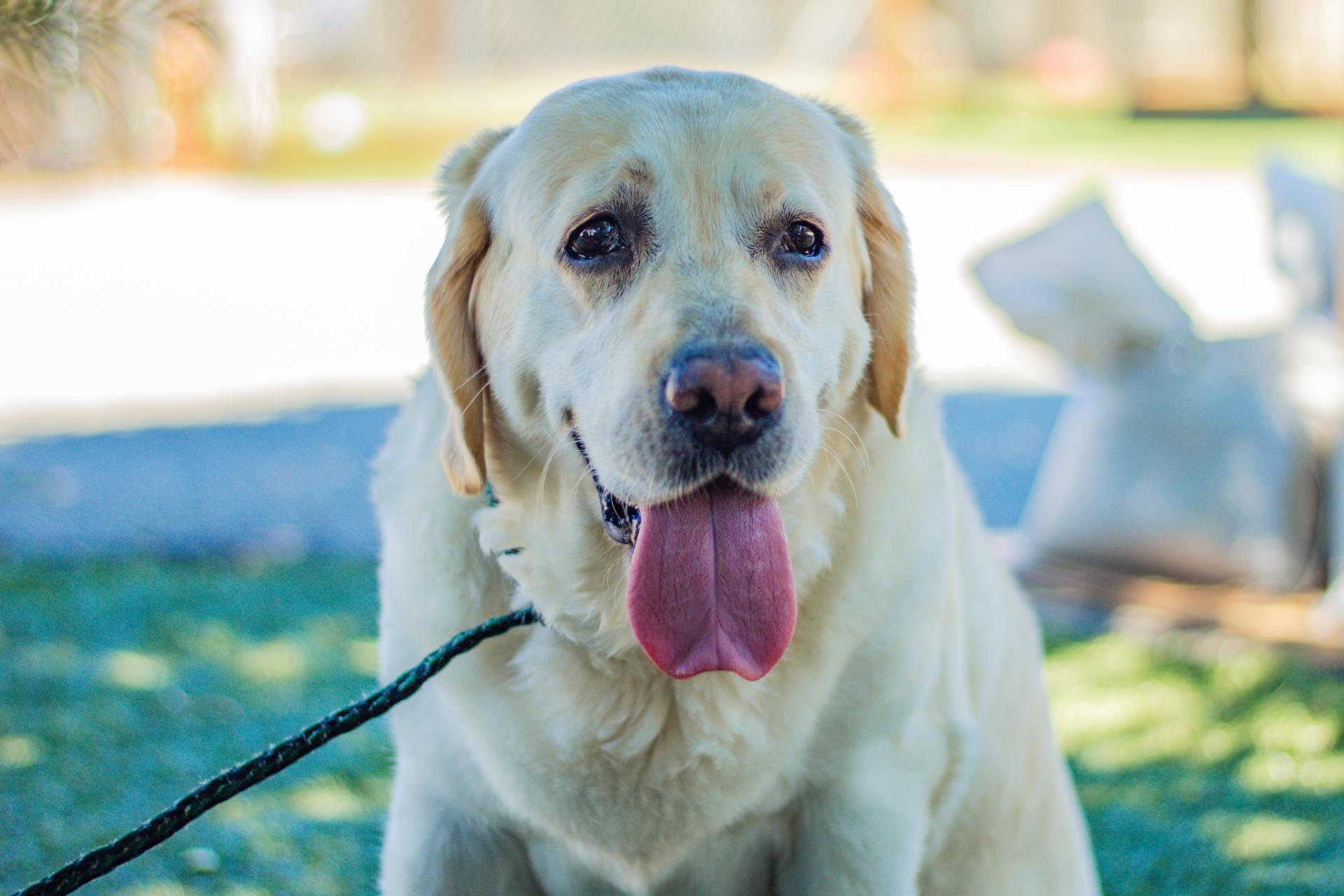Boston Terrier Day
Boston Terrier Day is coming up soon: it’s on February 19th! This lovable pooch, which is also the Massachusetts State Dog, is a very popular pup, and with good reason. A local vet discusses the breed below.
History
The Boston Terrier originated in 1875, with a pooch named Hooper’s Judge (or Judge, for short) who was of the bull and terrier breed. Judge was bred to Gyp, a white bulldog named who provided the blocky head that’s now characteristic of the breed. Though Boston Terriers were originally pit fighters, it didn’t take long for them to find their way into people’s homes and hearts. They are now the 21st most popular breed in the AKC registry. Speaking of the AKC, they added the Boston Terrier breed back in 1893, as the first US breed to officially be listed. Another fun fact about this smart pooch? He’s not actually a terrier, at least officially. Instead, they are in the non-sporting group.
Lifestyle
Boston Terriers are not just adorable: they are happy, friendly, lovable, and fiercely devoted. They are quite small, which makes them a great match for people who live in condos or apartments. They’re also pretty quiet, which is another reason they’re good for urbanites. Another great thing about these dogs? They are very trainable. Boston Terriers can be found in agility and strength contests, and sometimes work as therapy pups. They also excel at tracking and dock diving. And, as you may know, they’re the official mascot for Boston University, and also for Wofford College in Spartanburg, SC.
Exercise
Fido does need regular activity to stay healthy. Take care not to overexert your furry friend! Because these pooches have such short noses, they get out of breath very easily. They also don’t do well with either extreme heat or extreme cold.
Grooming
One great thing about Boston Terriers is that they don’t need a whole lot of grooming. Just brush Fido once a week, and bathe him regularly. You’ll also need to keep up with his dental care and peticures.
Eyes
One of the Boston Terrier’s most prominent features are their big, expressive eyes. Those bug eyes are super cute! In fact, one of these pups, a dog named Bruschi, made the Guinness Book Of World Record for being the dog with the largest eyes. Boston Terriers sometimes get corneal ulcers and/or injuries from sand, dust, or other objects getting into their eyes. You’ll need to be careful to remove potential hazards, such as thorny plants, that are at Fido’s eye level. Contact us, your local animal clinic in Edison Park, FL!
Our Advice on Boston Terrier Day in 2025
What is the history behind the Boston Terrier breed?
The Boston Terrier breed originated in 1875 with a dog named Hooper’s Judge, bred with a white bulldog named Gyp. While initially bred for pit fighting, they quickly became beloved companions. The breed was officially recognized by the AKC in 1893, making it the first US breed to be listed. Despite their name, Boston Terriers are not technically terriers; they belong to the non-sporting group. Today, they rank as the 21st most popular breed in the AKC registry, cherished for their loyalty and affectionate nature.
What lifestyle characteristics make Boston Terriers suitable for urban living?
Boston Terriers possess qualities that make them well-suited for urban living. Their small size allows them to thrive in apartments or condos. Additionally, they are known for their friendly and adaptable nature, making them excellent companions for city dwellers. Their relatively quiet demeanor further complements urban environments. Furthermore, Boston Terriers are highly trainable, excel in activities like agility and therapy work, and are recognized for their loyalty and affection. These attributes contribute to their popularity among urban residents seeking a canine companion suited to city life.
How much exercise do Boston Terriers require, and what considerations should owners consider?
Boston Terriers require regular exercise to maintain their health and well-being. However, due to their brachycephalic (short-nosed) nature, owners should be cautious not to overexert them. These dogs are prone to breathing difficulties, especially in extreme heat or cold. Moderate walks and play sessions are sufficient for meeting their exercise needs. Owners should monitor their Boston Terriers closely during physical activity and provide ample breaks to prevent exhaustion. Additionally, avoiding strenuous exercise during hot weather is essential to prevent overheating, which can be dangerous for these breeds.
What grooming needs do Boston Terriers have, and how often should they be brushed and bathed?
Boston Terriers have minimal grooming needs compared to some other breeds. They should be brushed once a week to remove loose hair and maintain their coat’s health and shine. Baths should be given as needed, typically every few weeks or when they get dirty. Regular dental care and nail trimming are essential for their overall well-being. Due to their short coats, Boston Terriers are relatively low-maintenance in grooming, making them a convenient choice for many pet owners.
Why are the eyes of Boston Terriers particularly noteworthy, and what eye care should owners provide?
Boston Terriers are known for their large, expressive eyes, contributing to their charming appearance. However, these prominent eyes can be prone to issues such as corneal ulcers or injuries from foreign objects. Owners should regularly inspect their Boston Terrier’s eyes for any signs of irritation or injury and promptly remove any potential hazards from their environment. Additionally, scheduling regular veterinary check-ups can help detect and address any eye-related issues early on, ensuring these beloved pets’ continued health and well-being.





